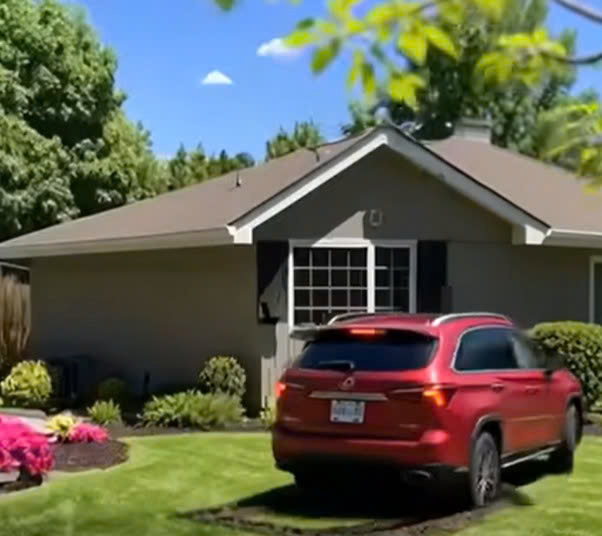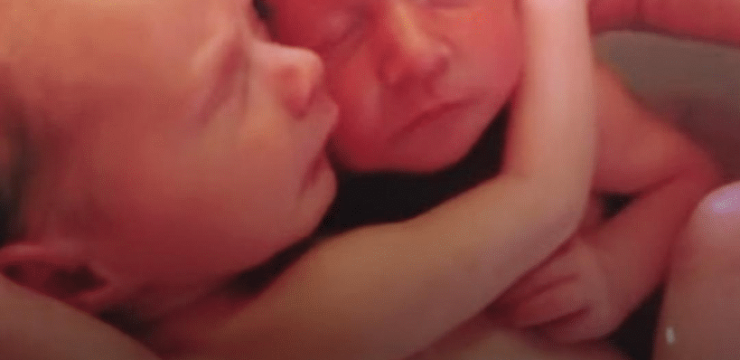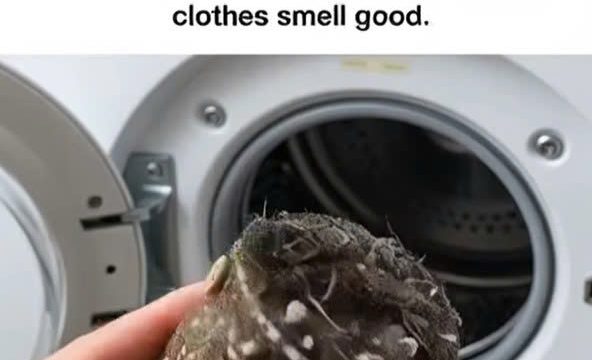After my husband left, silence became my unwelcome companion. It filled the house like thick fog—settling into every corner, every creaking floorboard, every empty chair at the dinner table. Nights were the hardest. The quiet stretched endlessly, pressing against my chest until I couldn’t breathe. I had spent years caring for him, for our home, for us, and when he was gone, I realized I had no idea how to care for myself. One morning, I stepped onto my porch with a cup of coffee, staring at the patchy, brown lawn in front of me. It looked as lifeless as I felt. And in that moment, I decided—if I couldn’t fix my marriage, I could at least bring something back to life. The lawn became my project, my therapy, my fresh start.

I poured myself into it with a dedication that bordered on obsession. I read books about soil types, watched gardening tutorials late into the night, and learned the perfect watering schedule. Every weekend, I knelt in the dirt, hands blistered, face streaked with sweat, feeling strangely alive for the first time in months. Slowly, the transformation began. The grass thickened, turning soft and vibrant under my bare feet. Flowers framed the walkway like little bursts of sunshine. When the mail carrier paused one morning and said, “Best lawn on the block, Ms. Brooks,” I nearly cried. That lawn wasn’t just grass—it was a symbol of growth, of proof that I could nurture something again even after being abandoned.
Then came Denise. She moved in next door with the kind of energy that made the entire neighborhood take notice. Newly divorced, like me, but instead of healing quietly, she threw parties that stretched past midnight, her laughter echoing through the thin walls. Her driveway overflowed with guests and bottles, and her music rattled my windows. At first, I pitied her—maybe this was her way of coping. But that pity vanished the morning I saw tire marks carved across my lawn, faint but unmistakable. I told myself it was a mistake. Maybe a delivery truck had turned too wide. But when it happened again—and again—there was no denying the pattern.
I finally caught her in the act one afternoon. Denise’s shiny black SUV rolled lazily across the corner of my yard, cutting off the curve of the street to save herself two seconds. I ran outside, waving my arms. “Denise! You’re driving over my lawn!”
She leaned out her window, a smirk tugging at her red lips. “It’s just grass,” she said, and drove off.
Those three words hit me harder than any insult. Just grass. She couldn’t have known what that yard meant to me—the hours of work, the healing, the symbolism—but her casual disregard felt like a punch in the gut. I tried everything to stop her. I set up small garden stakes, planted decorative stones, and even placed polite signs asking drivers not to cut through. Denise crushed every one of them under her tires, leaving muddy trails of mockery behind.
The final straw came after a rainstorm. My lawn, still soft from the downpour, was a swampy mess, and I had spent the morning drying it out. Later that day, I heard the familiar crunch of tires. I looked out the window and saw Denise’s SUV carving deep, muddy trenches across my yard. She waved at me as she passed—smiling. That was it. I called the police.
When the officer arrived, he was sympathetic but limited in what he could do. He issued a warning and told her to stay off my property. Denise only shrugged and said, “Guess I’ll take the long way next time,” her tone dripping with sarcasm. The next morning, the muddy ruts were still there, a scar running across everything I had worked for.
So I decided to give her a message she wouldn’t forget. I spent an entire weekend stacking cinder blocks along the edge of my lawn—ugly, heavy, unmovable. They weren’t decorative or subtle; they were defiant. When I was done, I stood back, covered in dirt and sweat, and smiled for the first time in weeks. The next time Denise tried to cut across, she stopped short, staring at the wall that now protected what was mine. Word spread quickly through the neighborhood, and soon others started reinforcing their own yards. Within days, her shortcut was gone for good.
Denise didn’t take it well. She accused me of “turning the neighborhood against her,” shouting from her porch one afternoon. I simply replied, “You did that yourself.” For the first time in a long time, I felt powerful. The blocks stood like a line drawn not just in my yard but in my life. It wasn’t about revenge—it was about boundaries, something I had spent years forgetting how to set.
Months passed, and the seasons shifted. My lawn flourished again, even more beautiful than before. The cinder blocks, once gray and harsh, were now painted white with marigolds growing between them—a border, not a wall. One evening, I saw Denise standing hesitantly at the edge of my driveway. She looked different—tired, softer somehow.
“I wanted to say I’m sorry,” she said quietly. “I was angry. At life. At everything. You didn’t deserve that.”
I studied her for a moment, then nodded. “Apology accepted.” We weren’t friends, not exactly, but the tension between us faded. From that day on, she respected the boundary. Sometimes we even exchanged polite waves across the fence.
Over time, the yard became more than a patch of grass again—it became a reflection of my growth. The marigolds bloomed brightly every spring, the cinder blocks stood firm, and the line between my property and hers became a symbol of mutual respect. When I mowed on Saturday mornings, Denise often waved before heading out for her jog. Peace, once impossible, had quietly returned.
One afternoon, as I watched sunlight shimmer across the blades of grass, I realized something important. Boundaries aren’t about shutting people out—they’re about protecting what you’ve worked so hard to rebuild. My lawn was never just a lawn. It was a living reminder that respect, once lost, can be reclaimed; that healing, like grass, takes time but always finds a way to grow back stronger.
I lost my husband, and for a while, I thought I’d lost myself too. But in nurturing that small piece of land—and standing up for it—I learned how to nurture myself again. Life, it turns out, is a lot like a garden. You plant, you water, you pull weeds, and sometimes, when someone drives over your hard work, you build a wall and fill it with flowers.
And in doing so, you discover that growth doesn’t just happen in the soil—it happens inside you, too.





